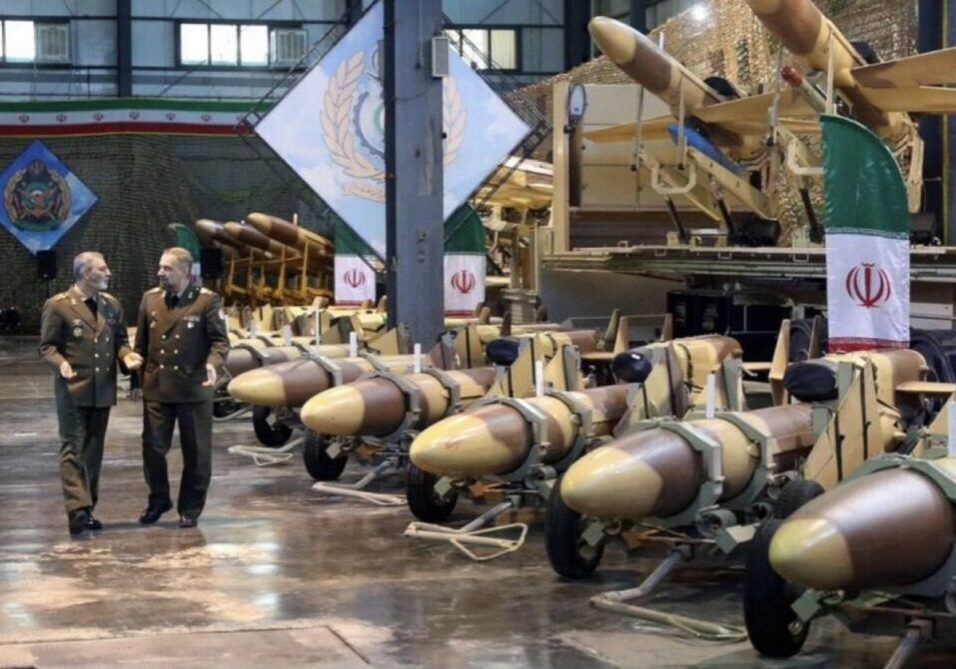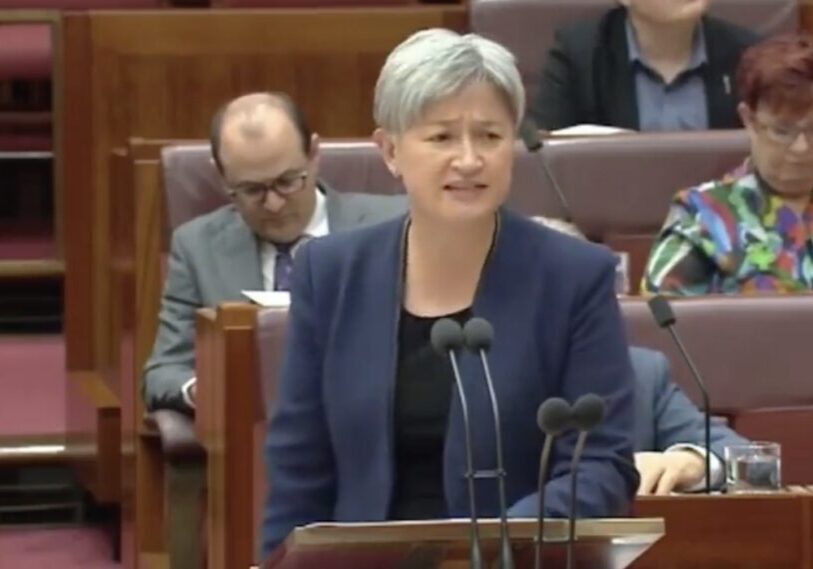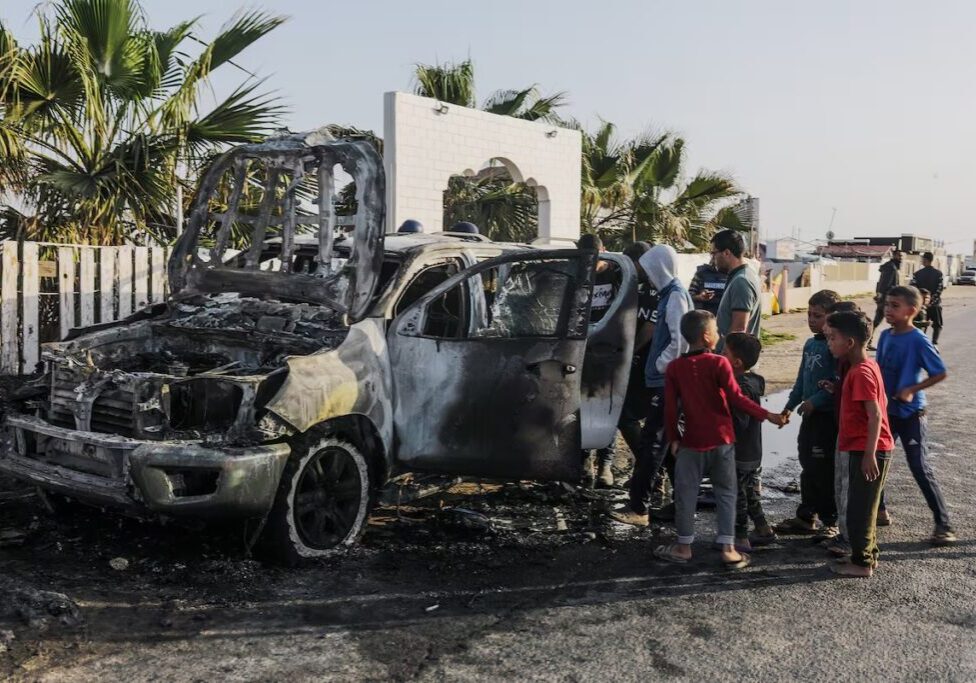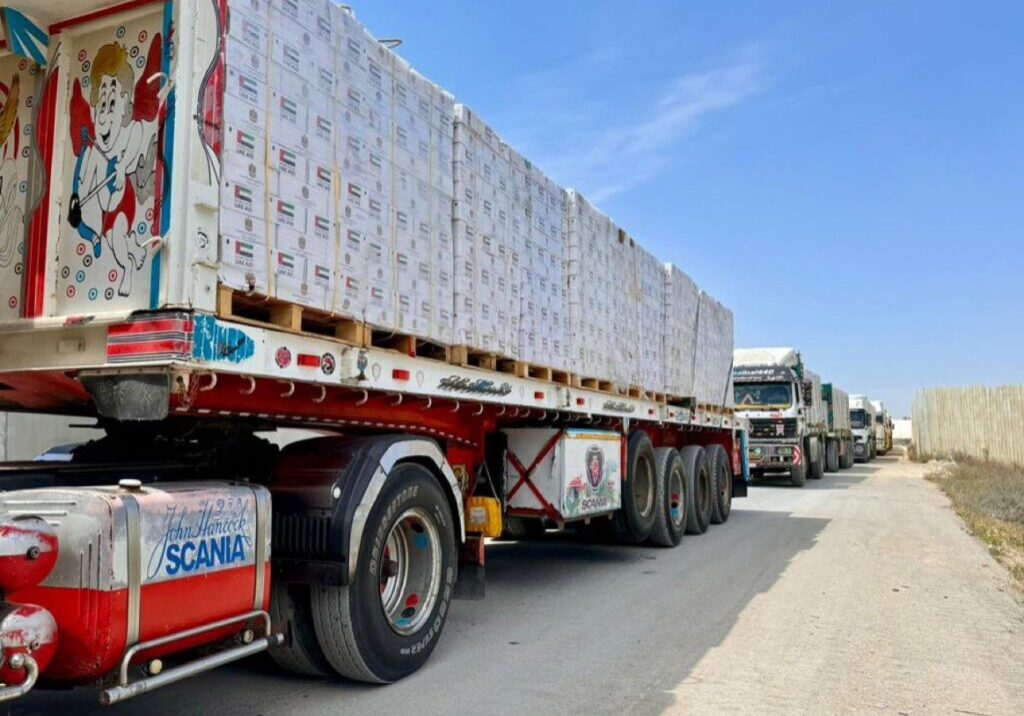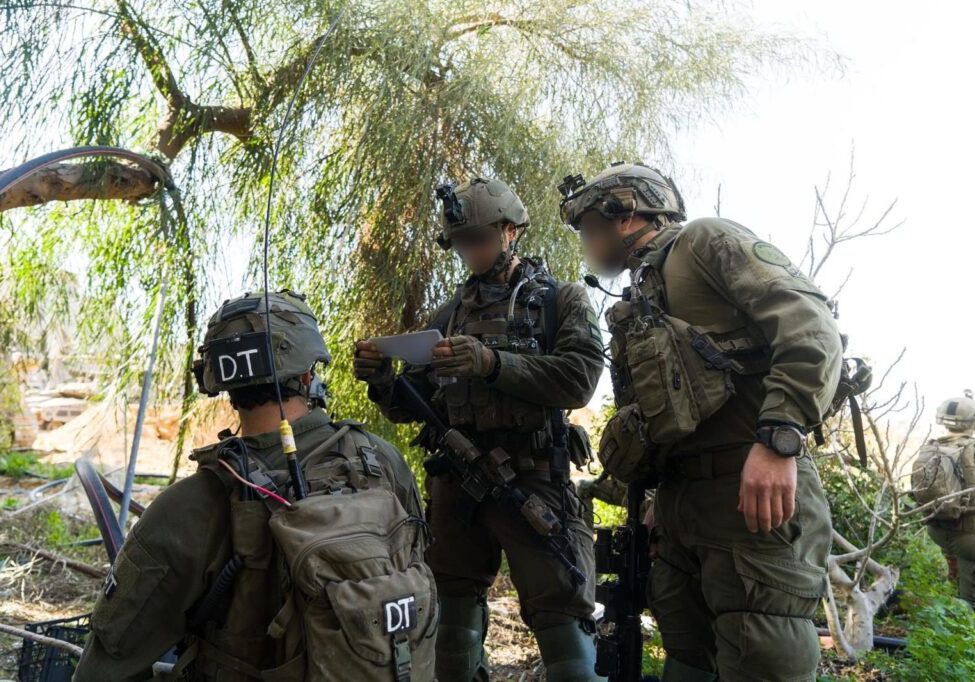Australia/Israel Review
Madaya and an empowered Iran
Feb 8, 2016 | Avi Issacharoff
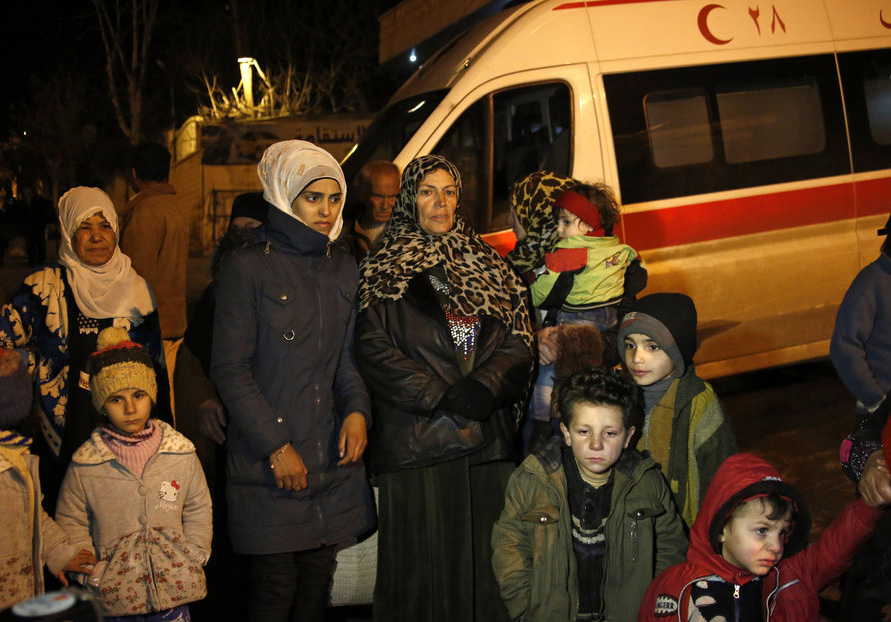
Avi Issacharoff
Iran’s Foreign Minister Mohammad Javad Zarif tweeted on Saturday, Jan. 16, that “it’s now time for all – especially Muslim nations – to join hands and rid the world of violent extremism. Iran is ready.”
That assertion coincided with the latest report that another resident of Madaya, the Syrian city besieged by the forces of (Iranian ally) President Bashar al-Assad, had died of starvation. It also came amid the ongoing daily news of the killing of civilians in Syria by Assad’s forces, backed by fighters from Iran’s Revolutionary Guards and the Iranian-armed Hezbollah. About 250,000 people have been killed in the Syrian civil war, the vast majority of them by Assad’s Iran-assisted forces.
The Islamic State’s contribution to the relentlessly rising Syrian death toll cannot be ignored. Just this weekend, its forces reportedly perpetrated another massacre of Assad forces and their families in the Deir el-Zour area.
But if anyone in the Obama Administration or the European leadership believes that the Syrian fighting is a case of “good guys” (Assad, Iran, Hezbollah) against “bad guys” (Islamic State), they need to check the facts.
The removal of sanctions from Iran was not a festive day for the Middle East. It was, rather, a grim day for the region, which will see billions flowing into the Iranian regime’s coffers, part of which will lead to a great deal more weaponry, conflict, bloodshed, and death throughout this area.
To Iran’s great benefit, the Islamic State is devoting a huge amount of money and resources in order to ensure that it is perceived as a force of absolute evil. One consequence is to create the impression that the Iranian regime, by comparison, is relatively pragmatic, an entity with which one can negotiate. But then comes the news from Madaya – as well as many, many places beyond – to remind us about the true face of the Iranian regime. A glance at the numerous areas of conflict in our region underlines Iran’s ubiquitous involvement in the bloodshed – everywhere from Yemen, to Iraq, to Syria, Lebanon, and even the Gaza Strip.
This should have long since set alarm bells ringing in the White House. But the likes of Susan Rice and Ben Rhodes are locked into the delusion that Iran will save the world from Sunni Islamic extremists. It would be amusing if it wasn’t so tragic.
Apart from Iran’s citizens, of course, those who are about to benefit from the lifting of sanctions on Iran include: Hezbollah, which already has some 150,000 rockets and missiles of various ranges and accuracy, and which is now set to receive much-increased financial assistance from Iran; the popular Shi’ite militias in Iraq; the Houthis in Yemen; and Hamas in Gaza (as well as Islamic Jihad there, should Iran feel so inclined).
For relatively moderate Sunni states, this was a grim day, indeed – a day on which Iran was welcomed back to the international community and was simultaneously assisted in deepening its capacity to back terrorist and destabilising forces in those Sunni states and beyond.
True, the Arak heavy-water plant is unlikely to produce a plutonium bomb in the near future. But the nuclear deal and the removal of sanctions will only exacerbate Shi’ite terrorism, and it won’t do anything for the starving people of Madaya.
Avi Issacharoff is Middle East analyst at the Times of Israel, and the author of two award-winning books about Israel’s conflicts with its neighbours. © Times of Israel (www.timesofisrael.com) reprinted by permission, all rights reserved.
Tags: Iran

